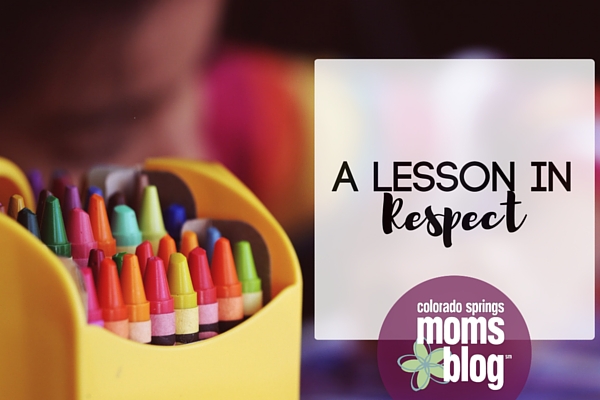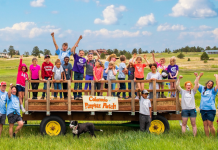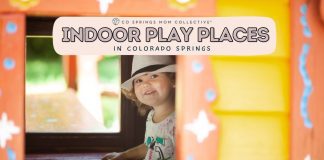Imagine, for a moment, that you are in a public place with your toddler (who has most definitely been taught to be kind and polite) when suddenly he begins to laugh. You look down at him, and to your horror, he is pointing his pudgy baby finger at a stranger and laughing.
Hopefully, for everyone reading this, this is just an exercise in imagination. Unfortunately for me, I lived it. The man my son was pointing at was in a wheelchair, with no arms or legs. “Why doesn’t he have any legs?” my son asked between giggles. I was mortified, absolutely wanted to die. The man was so kind. As I was mumbling pathetic apologies and trying to disappear, he answered with a smile on his face, “This is just how I was made!” I smiled weakly and dragged/hauled my son away. I knew the situation merited further discussion, but I wasn’t even sure where to begin.

My husband and I practice different faiths, were born and raised in different countries and speak different languages. Our kids know that there are various kinds of people in the world. We have a lot of variety even within our own home. But this experience made me think in a new way about how we are training our children to interact with people who are different than them.
Most people raise their children in a community of people very much like themselves-and with good reason. We want our children to be around people who espouse our beliefs and morals and who model those for our children. The world is so big, though, and full of diverse people who have individual ideas and beliefs. How do we prepare our kids for that?
The situation with my son that sparked this train of thought was unavoidable. He was 2, maybe 2 1/2 and he had the beautiful curiosity of a child. I realized right away that although I was deeply embarrassed, I didn’t want my son to feel that. I didn’t want him to be ashamed of his curiosity and wonder, which is what he was expressing with his laughter. So I explained to him that people are made in many ways, with different colors of hair, eyes, and skin, and sometimes with no arms and legs. “And wouldn’t it be boring if we were all the same?” I asked him. He agreed that it would. I told him, too, that it is not polite to point and laugh at anyone for any reason. And then I left it at that.
But as he grows, we continue to have conversations about differences. Children notice when someone acts or looks out of the ordinary. To ignore it, or pretend that they are at fault for noticing it, only confuses them further. So we talk. It’s these conversations about differences, encouraging our children to think about what makes them unique and as they get older to examine why they believe what they believe and do what they do, that instills in them a sense of respect for others who look, feel, and believe unlike themselves.
It is not the toddler pointing at a stranger and laughing that is the problem. It is the 7 year old thinking she is better than her classmate because of how she dresses, or the 12 year old making fun of his classmate’s faith, or the 16 year old mocking a friend’s political beliefs that is unacceptable and avoidable. Let’s welcome the embarrassing conversations with our 2 year old in the supermarket for what they are- opportunities to train our children in respect and compassion. Let’s start small.













